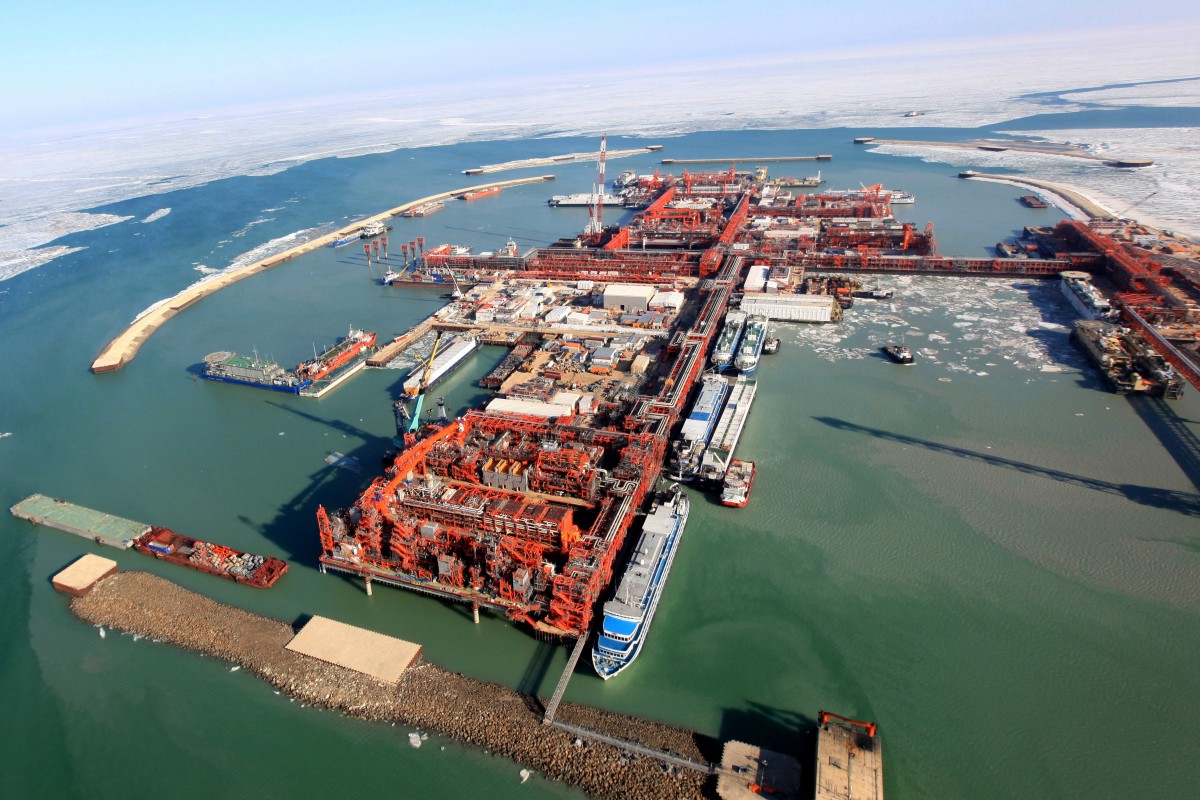Crude oil production in Kazakhstan saw a significant increase in the past four months of the current year as exploration and extraction of oil from its plentiful reserves grew by 6 percent, reaching 31.3 million barrels.
The statement was made by Nurlan Nogayev, Kazakhstan’s national energy minister while addressing the government’s meeting held on Tuesday.
According to the government data, Kashagan, a giant oil field located in the Caspian Sea, produced more crude oil than any other field of Kazakhstan, increasing by 11.5 percent in January-April, 2020. At the same time, Tengiz oil and gas field, which ranks the world’s deepest supergiant oil field, increased its oil production by 4.1 percent during the period.
Kazakhstani oil exports have also increased in the past four months, reaching 25.3 million tons, which is 15 percent more than 2019 levels.
Meanwhile, the announcement comes after the government of the country revealed its plans to cut oil production supporting the recent decision of the Organization of the Petroleum Exporting Countries (OPEC) and other major energy powers, known as OPEC+.
After Russia refused to further cut oil output and broke the three-year partnership with OPEC in March, officials in Nur-Sultan said was not planning to make any changes to the country’s oil output quotas. In April 2019, following the brutal price war between Russia and Saudi Arabia, OPEC members and other major energy powers finally reached a historic agreement. Shortly after, Kazakhstan’s government said the country would reduce its output starting May 1, 2020. The reduction is agreed to be 390,000 barrels per day for the first two months, May and June, while the burden would be shared by “medium, large and gigantic fields,” with smaller fields exempted.
With an aim to support OPEC+’s decision, officials in Nur-Sultan have designed a draft government decree to halt the use of some oil fields owned by the country.
But Kuanysh Kudaibergenov, who heads oil industry development department at the national energy ministry, says Kazakhstan is not going to suspend its oil wells.
‘‘The issue is not on the current agenda of the ministry,’’ he said Wednesday in an interview with Atameken Business.
As of today, Kazakhstan is ranked the world’s ninth-largest crude oil exporter and holds three percent of the world’s total oil reserves, placing it in the number 11 globally and making it the third-largest oil producer in the Caspian region, after Russia and Iran. Sixty-two percent of Kazakhstan’s landmass sits on areas containing oil and natural gas, and there are 172 oilfields throughout the country, of which more than 80 are under development. More than 90 percent of Kazakhstan’s oil is concentrated in its 15 largest fields, which include Kashagan, Tengiz, and Karachaganak.
An increase in crude oil production in Kazakhstan came amidst sharp drop in oil prices caused by a global economic turmoil and an ongoing pandemic of coronavirus disease, which also had a negative impact on the global economy.
‘'The COVID-19 pandemic, which began in 1Q20 [the first quarter of 2020] has spread globally in a matter of a couple of months, has caused a recession in the global economy as well as an unprecedented oil demand shock, leading to large oversupply in the oil market,’’ reads a monthly report issued by OPEC on May 13.
According to the global cartel’s research, the worst contraction in major oil demand centers around the world is expected to take place in the second quarter of 2020, mostly in Latin American countries and Europe, with transportation and industrial fuels affected the most.
At the same time, officials in OPEC believe demand contraction will be mitigated as soon as governments will ease COVID-19 related measures.







 Russian peacekeeping forces, deployed in the Karabakh (Garabagh) region of Azerbaijan since 2020, have commenced their withdrawal from the area.
Russian peacekeeping forces, deployed in the Karabakh (Garabagh) region of Azerbaijan since 2020, have commenced their withdrawal from the area.
 Iran's senior military leaders described the drone and missile attack on Israel on April 14 night as “successful".
Iran's senior military leaders described the drone and missile attack on Israel on April 14 night as “successful".
 Azerbaijan officially unveiled the logo for the upcoming 29th session of the Conference of the Parties to the United Nations Framework Convention o...
Azerbaijan officially unveiled the logo for the upcoming 29th session of the Conference of the Parties to the United Nations Framework Convention o...
 Iranian President Ebrahim Raisi warned Israel that it would face a "real and extensive" response if it makes any "mistake" following Tehran’s missi...
Iranian President Ebrahim Raisi warned Israel that it would face a "real and extensive" response if it makes any "mistake" following Tehran’s missi...



